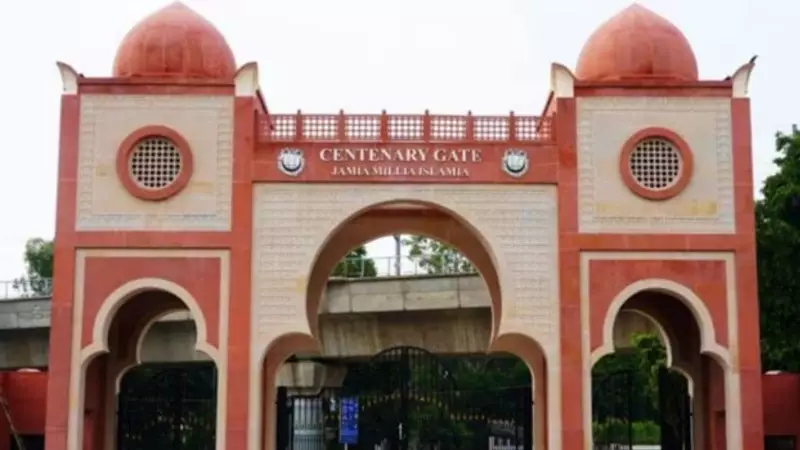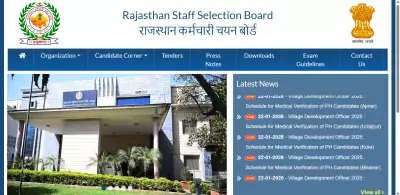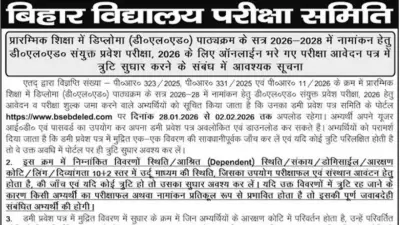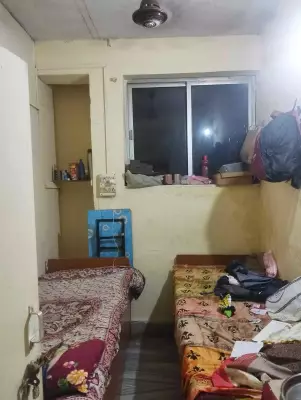
In a significant victory for academic democracy, the Delhi High Court has overturned Jamia Millia Islamia's decision to dissolve its teachers' association, marking a crucial moment for faculty rights in Indian universities.
Court Delivers Justice for Academic Community
The bench, comprising Justice Purushaindra Kumar Kaurav, strongly criticized the university administration for its arbitrary decision to disband the Jamia Millia Islamia Teachers' Association (JMITA). The court emphasized that such actions undermine the fundamental principles of democratic representation within educational institutions.
Background of the Controversial Dissolution
The dispute began when the JMI administration issued orders to dissolve the teachers' body, citing administrative reasons. However, faculty members challenged this decision, arguing it violated their rights to association and representation. The teachers' association has historically played a vital role in addressing academic concerns and faculty welfare issues within the prestigious university.
Key Court Observations
- Protection of Democratic Rights: The court stressed that teachers' associations are essential for maintaining democratic processes in academic institutions
- Due Process Violation: The university failed to follow proper procedures while taking the decision to dissolve the association
- Academic Freedom: The judgment reinforces the importance of protecting academic freedom and faculty representation
Implications for Higher Education
This ruling sets an important precedent for other universities across India, reinforcing that faculty associations cannot be arbitrarily dissolved without due process. The decision is being celebrated as a triumph for academic autonomy and the rights of teaching professionals to organize and represent their interests.
The judgment comes at a time when several educational institutions face scrutiny over their administrative decisions affecting faculty rights and academic freedom. Legal experts suggest this ruling could influence similar cases pending in other courts.
Jamia Millia Islamia, a central university established in 1920, has been at the center of several significant educational and political developments in recent years. This latest court decision adds another chapter to the institution's complex relationship with administrative governance and academic rights.





